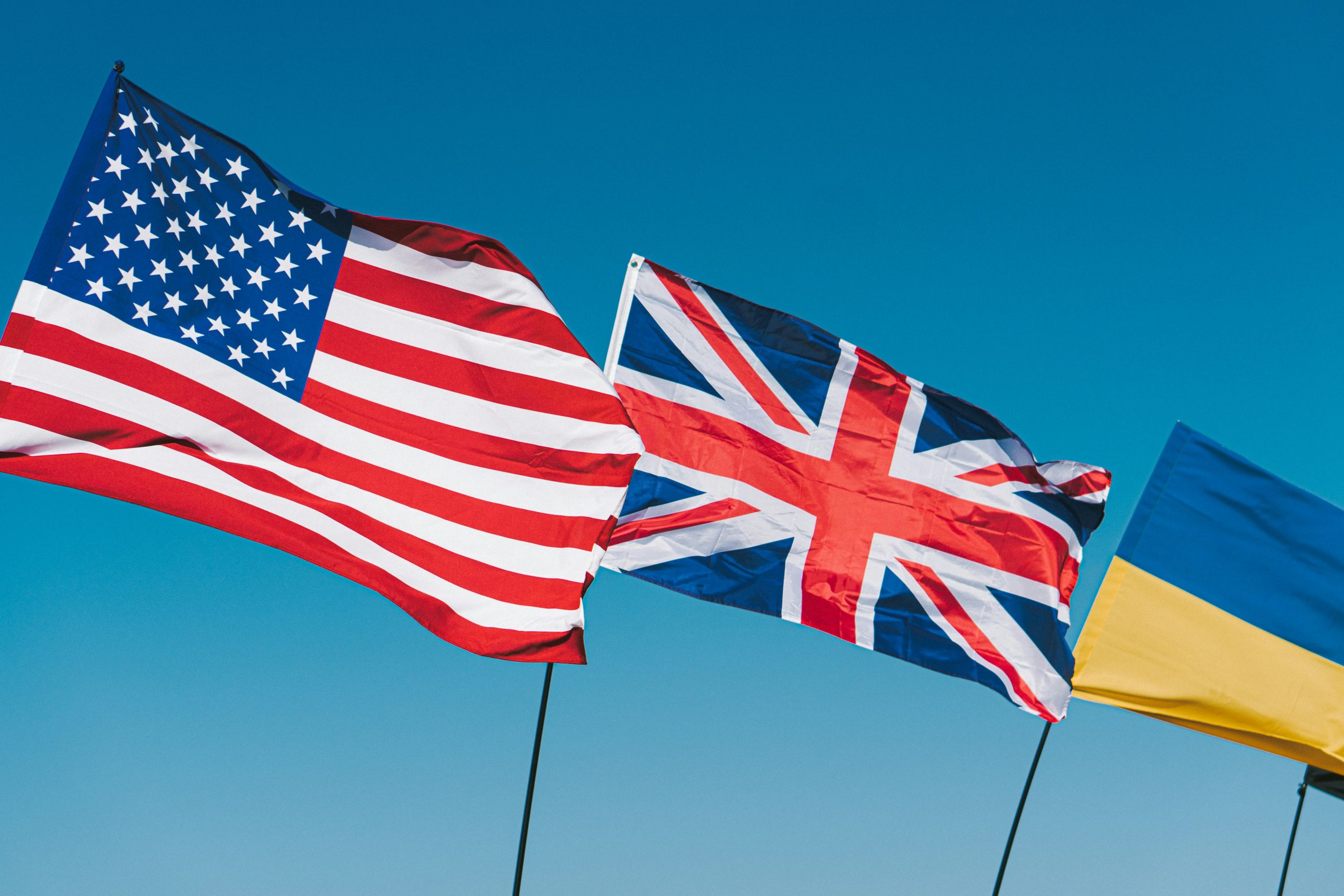Business
Trump’s ‘America First’ approach could swing UK/US trade in favour of American interests, says UK investor and entrepreneur
With the president-elect, Donald Trump, set to return to the White House in 2025, economists have been speculating around his policies and what they could mean for global trade – including trade between the UK and US.
Trump’s been clear about his ‘America First’ agenda throughout his election campaign trail, emphasising the role of tariffs and deregulation in his approach to global trade, but how will UK/US trade be affected?
British entrepreneur and investor, James Disney-May, predicts the impact of Trump’s potential policies on UK/US trade.
Disney-May advises that the president-elect’s ‘America First’ approach could sway the UK-US trade in favour of American interests. He advises that UK investors should prepare to adjust their approach around potential new tariffs and sector-specific trade frictions.
Trump’s proclivity for foreign businesses with a US presence could offer smoother regulatory pathways and preferential trade terms for UK businesses that are willing to establish local operations within the US, according to Disney-May.
“The UK’s financial services sector, which is vital to its economy, may find short-term opportunities in the US market, however increased volatility poses long-term risks.
“UK financial institutions may need to adjust their strategies to align with the evolving US regulatory landscape, particularly in areas such as cryptocurrency, data privacy, and financial disclosures,” Disney-May advised.
Disney-May continued by highlighting how UK/US trade could be impacted by the Trump administration’s support of tech independence and greater data regulation.
Though Trump’s initiatives may result in firmer cross-border tech operations, they could also offer UK tech firms with specialisms new opportunities to work with the US on emerging technologies including AI and cybersecurity, explained Disney-May.
In terms of US investors with an interest in US investments, Disney-May advises that Trump’s upcoming presidency presents risks and opportunities.
Donald Trump’s approach to tax cuts includes promises of cutting corporation tax from 21% to 15% for companies that choose to manufacture their products within the US. According to Disney-May, the focus on reduced regulation coupled with these competitive tax cuts could strengthen the US dollar.
For UK investors, this would make American assets more expensive and strain British companies that are reliant on US imports.
“Those with dollar-heavy portfolios may need to hedge against currency fluctuations, re-evaluating acquisition costs and profitability.
“For UK businesses willing to decouple from China, Trump’s policies may bring preferential trade arrangements with the US, solidifying the “special relationship” as global geopolitics evolve” added Disney-May.
As reported by The Independent, the independent think-tank, The Resolution Foundation, found that Trump’s plans could negatively impact UK firms to the same extent as the trade barriers that were implemented following Brexit.
Resolution Foundation senior economist Emily Fry said: “While Trump tariffs wouldn’t affect the UK economy as a whole as much as Brexit, their effect on firms who sell goods to the US could be stark.”
Should China decide to retaliate, the report also highlighted the potential for greater “knock-on effects” on UK trade as a result of Donald Trump’s pre-election promises to impose significant import tariffs on China.
“No longer part of a large trading bloc, the UK would then face sharp dilemmas in a scramble to retain access to overseas markets and its flow of imports,” the report outlined.

